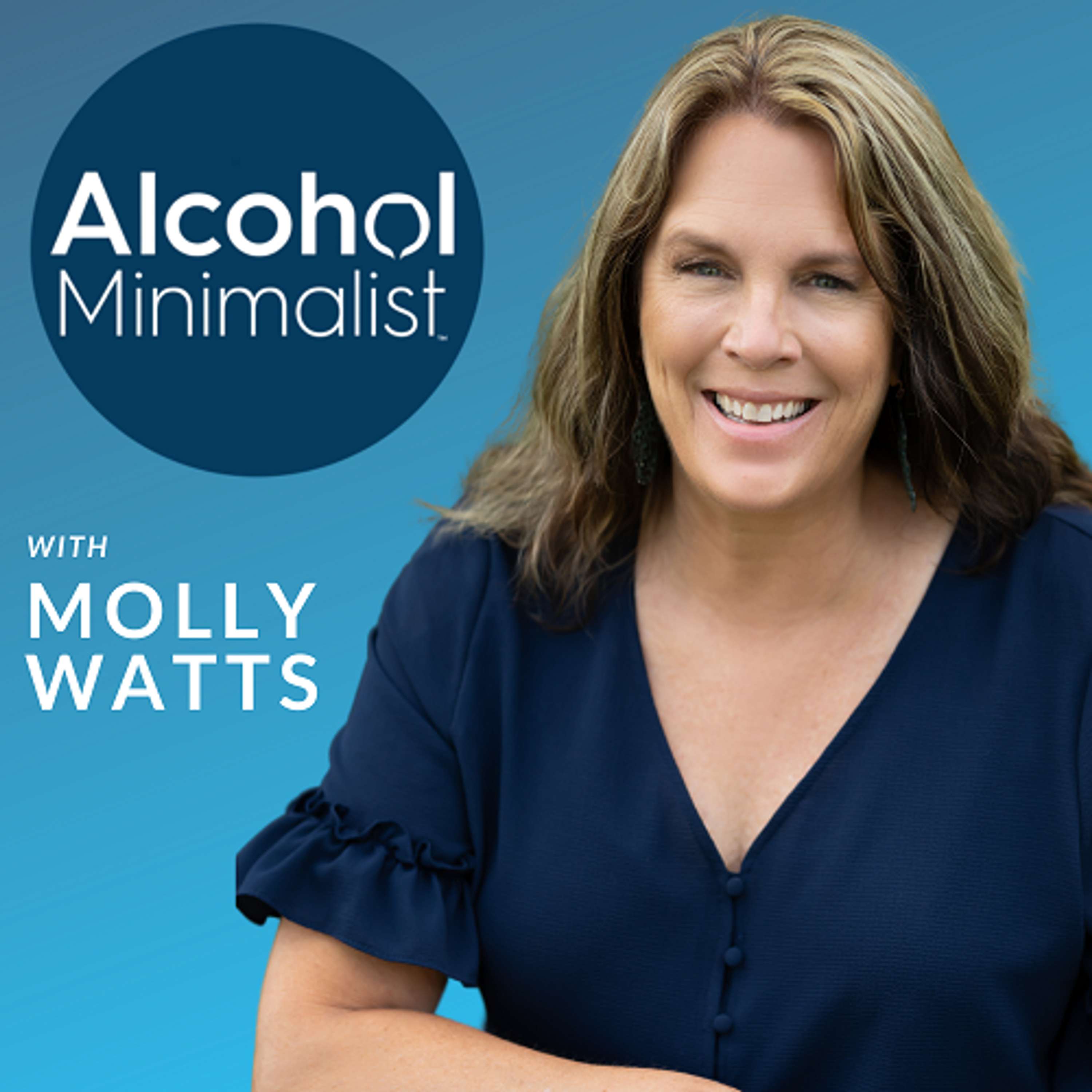
Using Neuroscience to Change Your Drinking Habits

Alcohol Minimalist: Change Your Drinking Habits!
Shownotes Transcript
This week on the podcast I'm talking to Ramon David, founder of BrainFirst Training Institute and BrainFirst Nutrition.
Frustrated by the lack of practical neuroscience available for helping professionals, Ramon spent years analyzing the scientific literature, conducting research, and drawing on two decades of training and coaching experience and a master’s degree in neuroscience, to establish the BrainFirst Training Institute - which delivers accredited applied neuroscience and brain-based training for coaches, performance consultants, leaders, educators and trainers. Ramon is also the Founder of BrainFirst: earth-grown evidence-based nutritional products formulated to help you upgrade your brain and life. And, he has a top podcast on Human Optimization, featuring world class experts, where they discuss science-based tools to help you optimize your physiology, master your mind and unlock your potential. Listen as we talk about how to grow your understanding of the brain and to use your knowledge to improve your life! Ramon David) Buy Breaking the Bottle Legacy: How to Change Your Drinking Habits and Create A Peaceful Relationship with Alcohol on Amazon or most online retailers.
US Kindle)
Kobo)
Join my private FB group Alcohol Minimalists here: https://www.facebook.com/groups/changeyouralcoholhabit)
Has this podcast helped you? Please leave a review wherever you listen to podcasts!
Follow me on Instagram: @AlcoholMinimalist
Have you grabbed your free e-book, "Alcohol Truths: How Much is Safe?" Get it here. )
Low risk drinking guidelines from the NIAAA:
Healthy men under 65:
No more than 4 drinks in one day and no more than 14 drinks per week.
Healthy women (all ages) and healthy men 65 and older: No more than 3 drinks in one day and no more than 7 drinks per week.
One drink is defined as 12 ounces of beer, 5 ounces of wine, or 1.5 ounces of 80-proof liquor. So remember that a mixed drink or full glass of wine are probably more than one drink.
Abstinence from alcohol Abstinence from alcohol is the best choice for people who take medication(s) that interact with alcohol, have health conditions that could be exacerbated by alcohol (e.g. liver disease), are pregnant or may become pregnant or have had a problem with alcohol or another substance in the past.
Benefits of “low-risk” drinking Following these guidelines reduces the risk of health problems such as cancer, liver disease, reduced immunity, ulcers, sleep problems, complications of existing conditions, and more. It also reduces the risk of depression, social problems, and difficulties at school or work.
If you' are unsure about whether or not you have alcohol use disorder, please visit the NIAAA) for more information.
** ★ Support this podcast ★) **